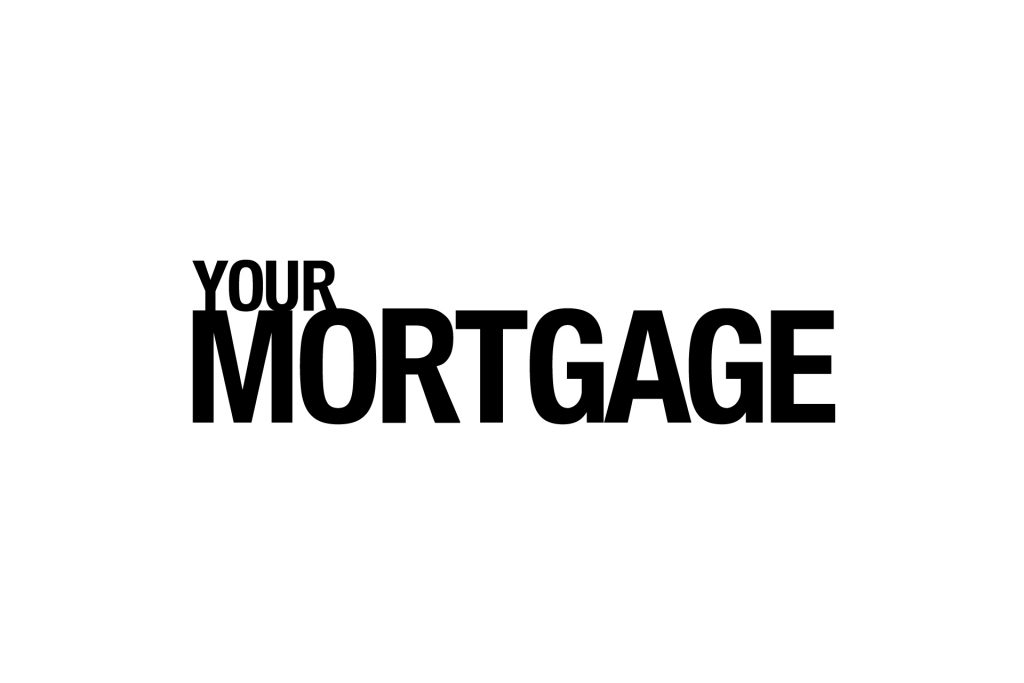What does this year’s indexation rate mean for most Aussies with HECS-HELP debt owing?
Haupt explained that “while the RBA’s rate changes have been hitting homeowners hard, many Australians may not realise this has also impacted their student debt”.
Having the indexation rate jump up to 7.1 per cent (from 3.9 per cent in 2022) impacts Aussies with outstanding student loan debt as it causes “them to owe more on their university and TAFE loan repayments. The higher indexation rate means that those with HECS loans will be paying more back in accordance with the Consumer Price Index (CPI), inflation and cost-of-living, than those who paid off their loans in previous years”.
“For example, if a student upon leaving uni has a HECS debt of $28,000 and the indexation rate has become 7.1 per cent, the student’s debt will [now] realistically be closer to $30,000,” he shared.
This is all concerning, Haupt shared, because while this indexation rate is the highest we’ve seen in a decade, “wage growth not matching inflation, and the job market getting tougher, especially for graduates”.
Additionally, “Aussies who began paying off their loans years ago, may also find that their owing amount has changed significantly, and they’ve knocked much less off their debt than anticipated,” he said.
Does your HECS debt impact your borrowing capacity for a home loan?
With the whole ‘HECS debt isn’t real debt’ idea, some may believe that having HECS HELP debt owing may not play a part in home loan approvals. That is not entirely the case, Haupt shared.
“HECS debts can affect your borrowing capacity for a home loan, given borrowing power is typically calculated by looking at an individual’s income in relation to their current debts and other financial commitments. It does not, however, impact your credit score,” he said.
“HECS debt is seen by lenders to be another financial commitment that could affect your ability to make repayments, and so your borrowing power would typically be reduced based on the percentage of your income that goes towards paying off that debt. However, there are steps you can take to increase your borrowing power whilst paying off a HECS debt, such as cutting up credit cards, closing out personal loans, reducing the number of subscription services, and limiting non-essential spending.”
Any advice provided is general in nature and should be considered in line with your financial situation, needs and objectives.
Full Article: Lifehacker

